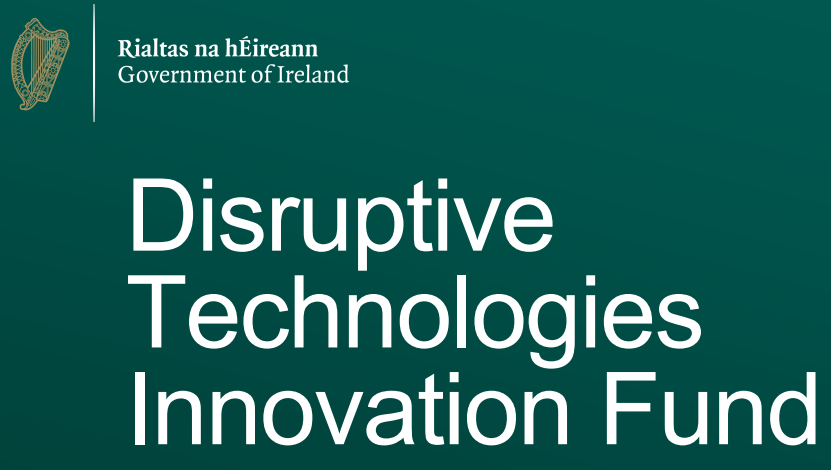
Personal Voice Assistants (PVAs) such as Amazon Echo, Siri or Google Home are now commonplace and are increasingly used for interaction with phones, tablets, PCs and smart environments such as automated homes or cars. PVAs collect sensitive information such as conversations and sound cues and are used to access important computer systems requiring access control.
The project PVASec: Personal Voice Assistant Security and Privacy aims to advance our understanding of security and privacy issues in the PVA context. The project will make contributions in four closely related work areas: (i) PVA Privacy: methods for recording consent management, methods for recording tracking, new insights into information disclosure; (ii) PVA Security: methods for speaker authentication, methods to detect voice command injection; (iii) PVA Denial of Service (DoS): analysis of acoustic DoS and design of detection methods and countermeasures; (iv) PVA Acoustic Sensing: acoustic sensing approaches, detection and countermeasures for acoustic sensing.






